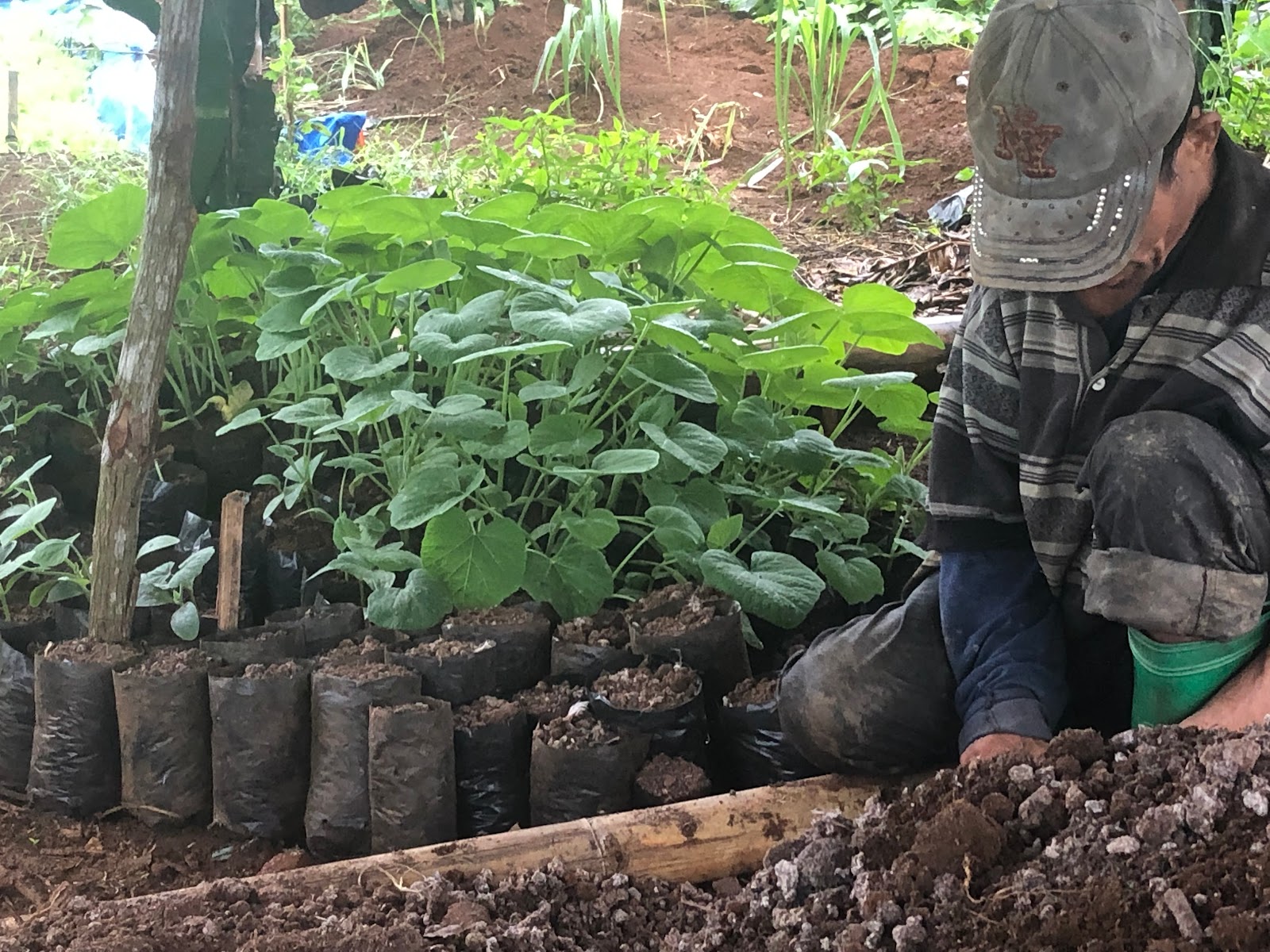
Our work is fueled by the passion and dedication of our volunteers, local citizens in their own communities who provided their time and resources in order to help us implement key actions. Aside from being efficient and cost-effective, they can easily be mobilized especially when natural disaster strike which is becoming more frequent as the impact of climate change is now being felt. We hope to contribute to mitigating climate change with our initiatives and we are gearing for more work ahead.





